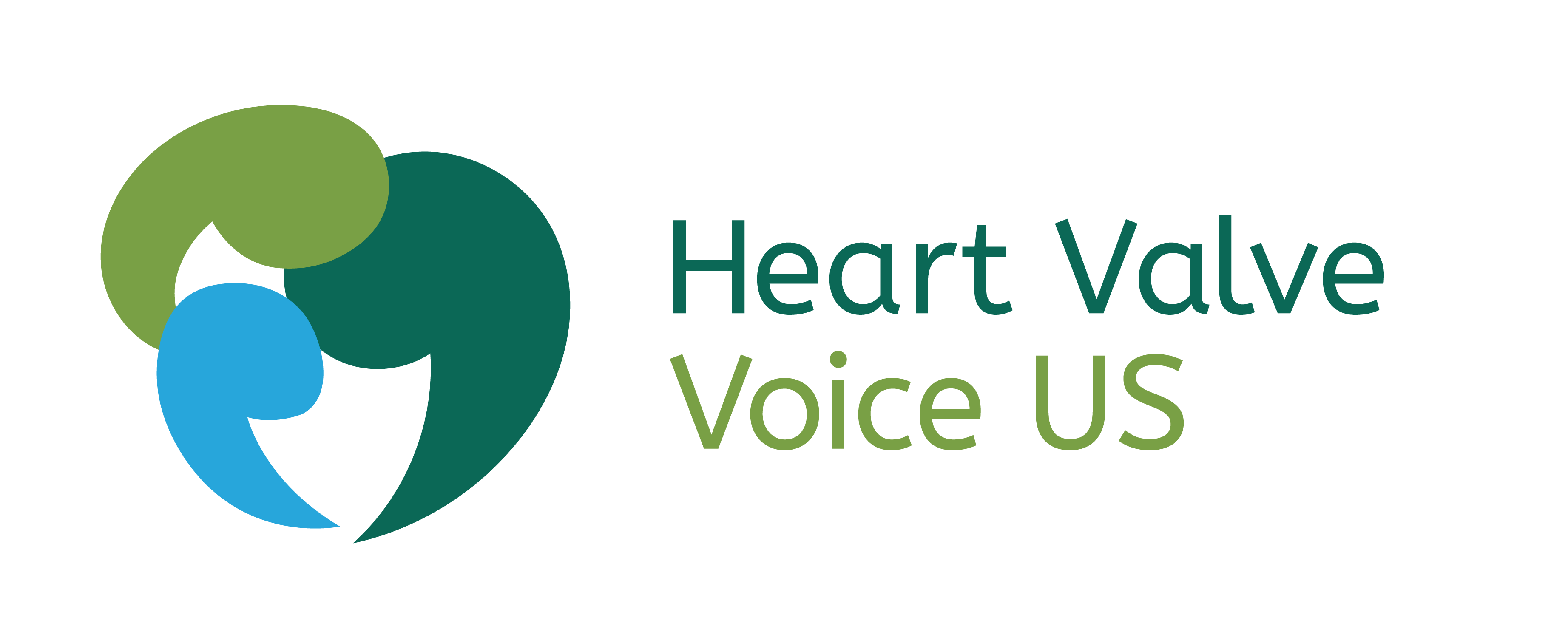Dear Dr. Awojope and members of the Circulatory System Devices Panel of the Medical Devices Advisory Committee,
While signatories to this public comment letter do not take a position on the merits of the premarket approval application (PMA) for the TriClip G4 System, we write to urge the Advisory Committee to consider the perspectives of the 1.6 million¹ people living with tricuspid heart valve disease—and those who care for them.
Severe tricuspid regurgitation (TR), by itself, is a progressive and fatal disease. As you discuss the risks and benefits of this less-invasive treatment option for symptomatic severe tricuspid regurgitation, please recognize this. Innovative treatment approaches will be essential to improve patient outcomes and quality of life.
Despite its prevalence and clinical significance, TR is often underdiagnosed and undertreated², leaving many patients with limited therapeutic options. Patients with severe tricuspid regurgitation frequently have symptoms such as severe fatigue and shortness of breath, an enlarged liver, kidney failure and fluid accumulation in the abdomen, legs, ankles, or feet. These often uncomfortable and debilitating symptoms can significantly impact daily function and quality of life.
While medical therapy aims to alleviate symptoms and mitigate the progression of heart failure, it primarily targets the consequences of TR rather than addressing the root cause—the dysfunctional tricuspid valve itself. Medications such as diuretics, beta-blockers, and angiotensin-converting enzyme (ACE) inhibitors can help alleviate symptoms of heart failure by reducing fluid overload and improving cardiac function. However, they do not directly address the regurgitant flow of blood which is the hallmark of TR. As a result, while medical therapy may provide temporary relief, it does not alter the natural history of TR nor prevent its progressive worsening of symptoms or outcomes over time.
Additionally, the utilization of surgical interventions remains limited, with estimates indicating that fewer than 10,000 patients undergo tricuspid surgery annually in the United States. According to a study last year in the Journal of Cardiothoracic Surgery, approximately 60% of the patients that undergo surgery are White, while Black and Hispanic patients represent only 10% and 6%, respectively.³ Such discrepancies reflect broader inequities in healthcare access and highlight the need for targeted interventions to ensure equitable care delivery across diverse patient populations. Tricuspid surgery may significantly alleviate symptoms, enhance one’s quality of life and prolong survival. As with all operations there are risks of bleeding, infection, formation of blood clots, prolonged hospital stays and pain following the operation, and the possibility of reoperation.
Expanding and approving additional treatment modalities and addressing disparities in access to care will allow healthcare providers to improve outcomes and enhance the quality of life for patients living with severe TR. We have full confidence in the FDA staff and leadership’s analyses and recommendations regarding whether the approval of the TriClip G4 system is supported based on the agency’s comprehensive review of the clinical trial data.
We thank the FDA and the Advisory Committee for the opportunity to share our feedback during this review. We appreciate your consideration of the patient perspective as you make your important decision. For additional questions or information, please contact Lindsay Videnieks, Executive Director, Heart Valve Voice – U.S., at [email protected].
Sincerely,
Heart Valve Voice-US
Alliance for Aging Research
Alliance for Patient Access
Association of Black Cardiologists
Black Women’s Health Imperative
Conquering CHD
HealthyWomen
Men’s Health Network
Mended Hearts
National Alliance for Caregiving
Partnership to Advance Cardiovascular Health
Preventative Cardiovascular Nurses Association
The full letter is also available here.
References

